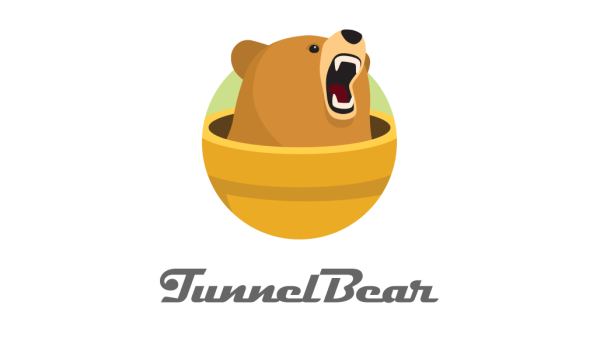Reach plc, a major U.K. publisher is observing a shift in how Google directs traffic to its sites, with Google Discover beginning to play a larger role than Google Search. Over the past year, Reach’s Google Search referral traffic has dropped by 25% year-over-year, according to Martin Little, Reach’s audience director of distribution.
Surprisingly, Google Discover has made up for this decline, with 60% to 70% of Google-driven traffic now coming from Discover rather than traditional Search. This shift was highlighted by Little at the Digiday Publishing Summit Europe, where he discussed the potential implications for Reach and other publishers.
Other media companies are seeing a similar pattern, with Google Discover emerging as a significant—albeit somewhat unpredictable—source of traffic. Google Search traffic, which is typically more stable and reliant on keywords, now shares space with Discover, which drives traffic based on user interest rather than direct search queries.
Reach has managed to harness Discover’s potential by adapting its headline strategies to align with Discover’s preferences, which favor headlines that entice curiosity over keywords. Little explained that while search headlines aim to match specific queries, Discover headlines tap into “the curiosity gap” by sparking interest without revealing key details.
To optimize for these different formats, Reach created a flowchart to guide its journalists in crafting headlines tailored to each platform. This tool helps reporters select keywords for search-driven headlines using Google Trends data while encouraging curiosity-driven headlines for Discover.

Reach plc Adapts Strategy as Google Discover Becomes Top Traffic Source Over Traditional Search
The strategy acknowledges that the same story may need multiple headlines depending on where it will be published, with Discover-focused headlines crafted to highlight the story’s most intriguing aspects. This approach aligns with Discover’s recommendation system, which favors content that sparks curiosity and is likely to engage users based on interests rather than specific searches.
Lifestyle and entertainment content, in particular, performs well on Discover and benefits from this approach. Unlike hard news, which is more often searched directly, lifestyle articles thrive on Discover’s interest-driven format.
Reach has also noticed that Google’s AI Overviews, which generate summaries for search queries, are affecting traffic for lifestyle and entertainment articles. These AI-generated previews, now appearing in global markets, capture essential details of certain stories, reducing the incentive for users to click through to the original article.
To navigate these changes, Reach is working with a search engine optimization expert to closely monitor traffic shifts and identify opportunities. The combined impact of AI Overviews and changing referral patterns presents new challenges, but Google Discover continues to offset the decline in search-driven traffic. For now, Discover has proven valuable for Reach and could represent a growing source of referral traffic for publishers who successfully adapt their content strategies to appeal to its recommendation algorithms.








































